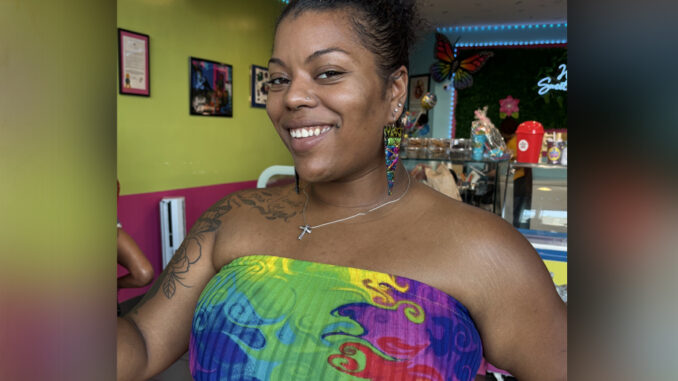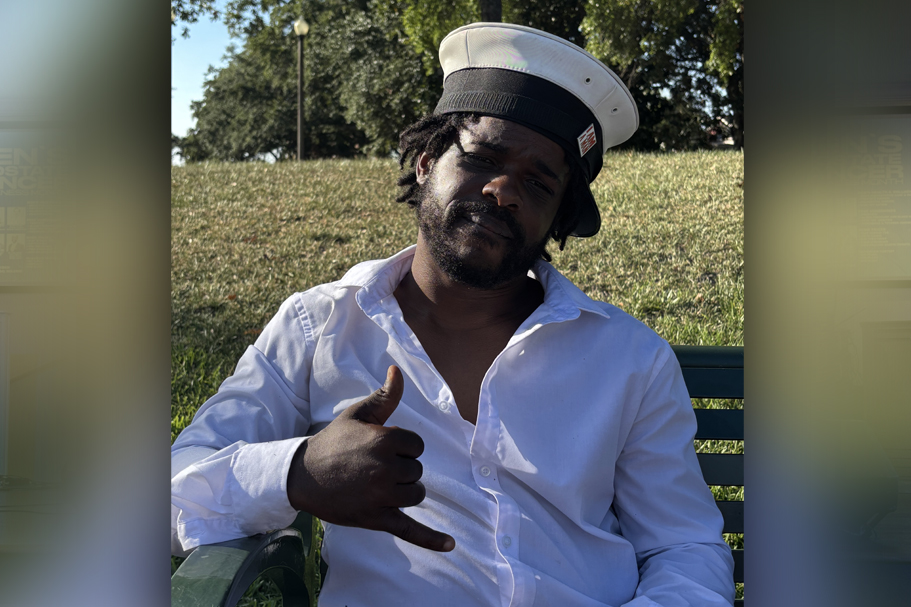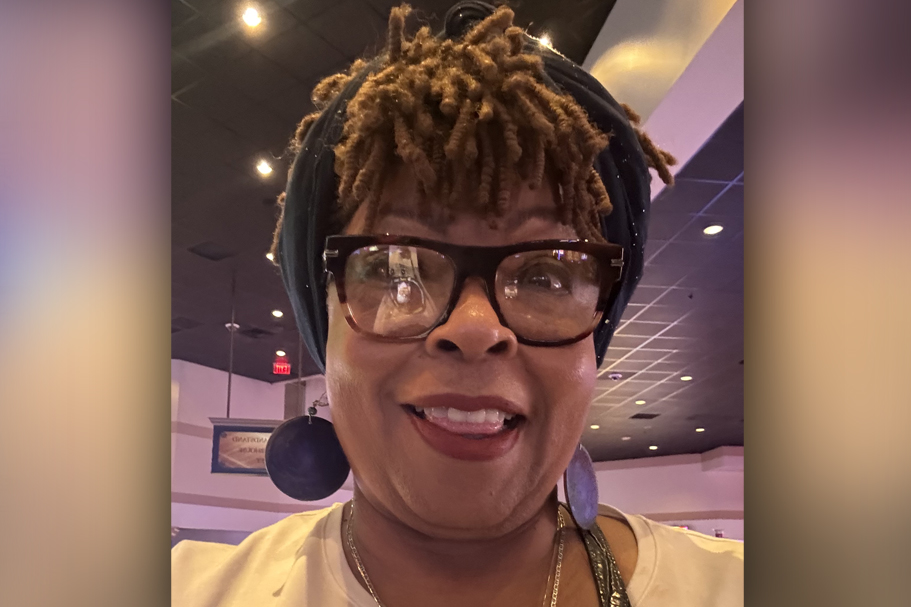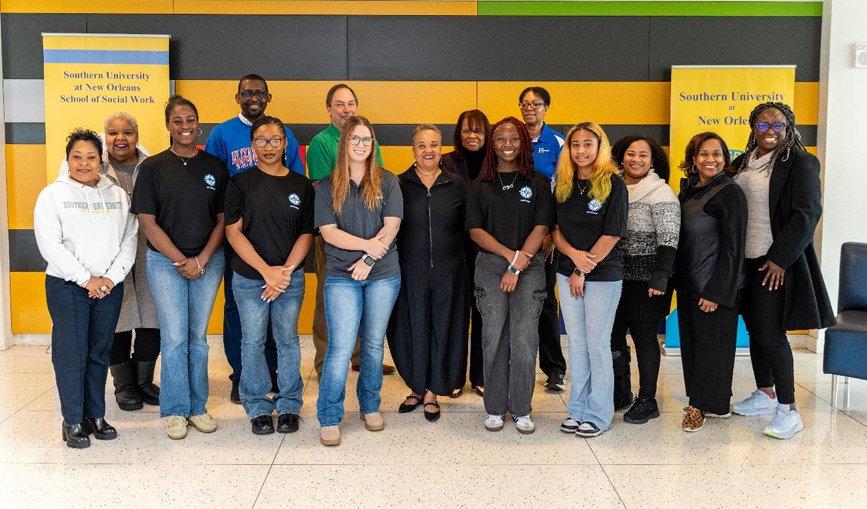

The latest 2025 data from the New Orleans Police Department indicates that violent crimes continue to fall in the city, with homicides dropping by 35 percent. These are among the lowest rates for violent crime the city has seen since the 1970s. However, recent prison escapes at the Orleans Parish Prison, as well as the terrorist attack at the start of this year has residents continuing to keep public safety as a priority.
For young people, residents say there is a lack of youth programs and organizations that provide safe spaces for children and teenagers to build their skills and connect with peers. Without those opportunities, mental health challenges are growing, residents said.
“There are simply not enough things for kids to do in the city,” said Gale Sherman, an eighth ward native and technology accountant with four grandchildren.
“Emphasis on spaces for kids to enjoy, like zoos and safe parks, is fully needed for the city to prosper,” Sherman said about what she wants new leaders to focus on.
Community members point to the closure of after-school programs and recreational centers due to a lack of state funding. Research shows that the ages of 13 to 25 are critical for personal development, and without support, young people are vulnerable to addiction, depression, and crime. In 2024, the New Orleans Health Department noted that drug overdose deaths were on the rise among African Americans in New Orleans and that the impact of COVID-19 and the mental health effects of isolation on children and teens has increased the use of synthetic drugs like fentanyl and vaping stimulants that resulted in drug-related overdose and deaths in the city.

“There is a homeless problem that is due to those dealing with addiction and depression,” said Adrian Mac, a writer and West Bank native. “If you don’t fix the minimum problems like substance abuse, the problem will continue.”
While the city has invested resources to lower overdose deaths in the city which dropped 44-percent from 2023 to 2024, residents said they still remain high. Men accounted for 78-percent of those deaths, and African Americans made up 65-percent with cocaine, methamphetamine, and opioids continuing to drive the crisis.
Substance abuse also spills over to the Criminal Justice System, since African Americans remain disproportionately incarcerated for illicit drug use, compared to other groups, according to 2024 data from the New Orleans Health Department. Residents say the lack of opportunity, the decline in mental well-being, the use of illicit substances and continued high rates of incarceration among African American youth leads to a cycle.
“I would love to see more opportunities for the youth, like jobs or better community intervention,” said Stricen Carter, a third ward resident and owner of the Sweet Thangs Snowball Shop. “My main goal for my business was not only to be successful but to give back to the community by providing jobs for high school and college students.”
For this election season, residents say they want candidates to prioritize young people. If the City of New Orleans is to be a place families want to stay and settle in, voters said they want leaders to invest in the next generation of New Orleanians.
“Once you help the kids, you help the city,” Mac said.
Recommended For You.



Be the first to comment